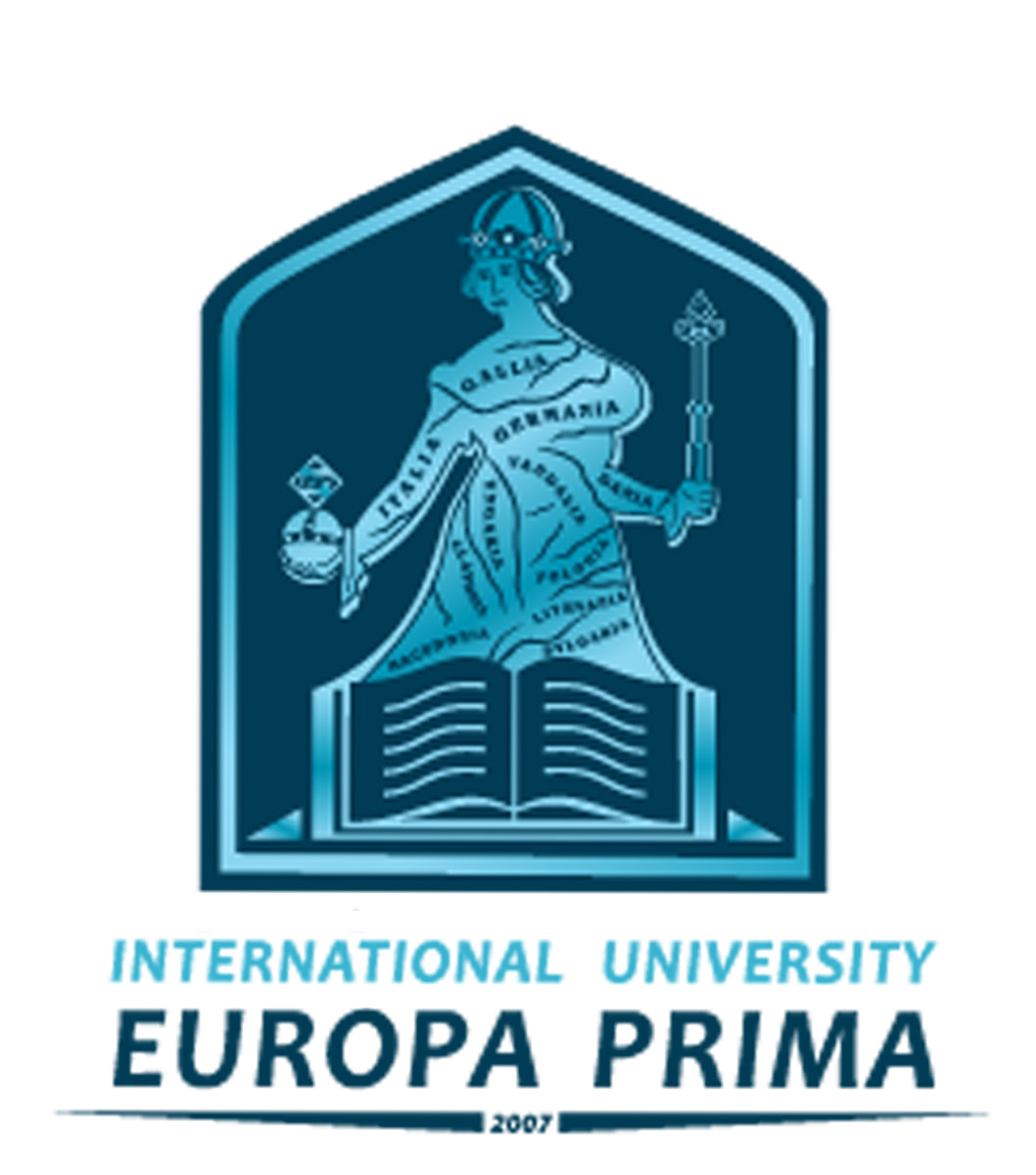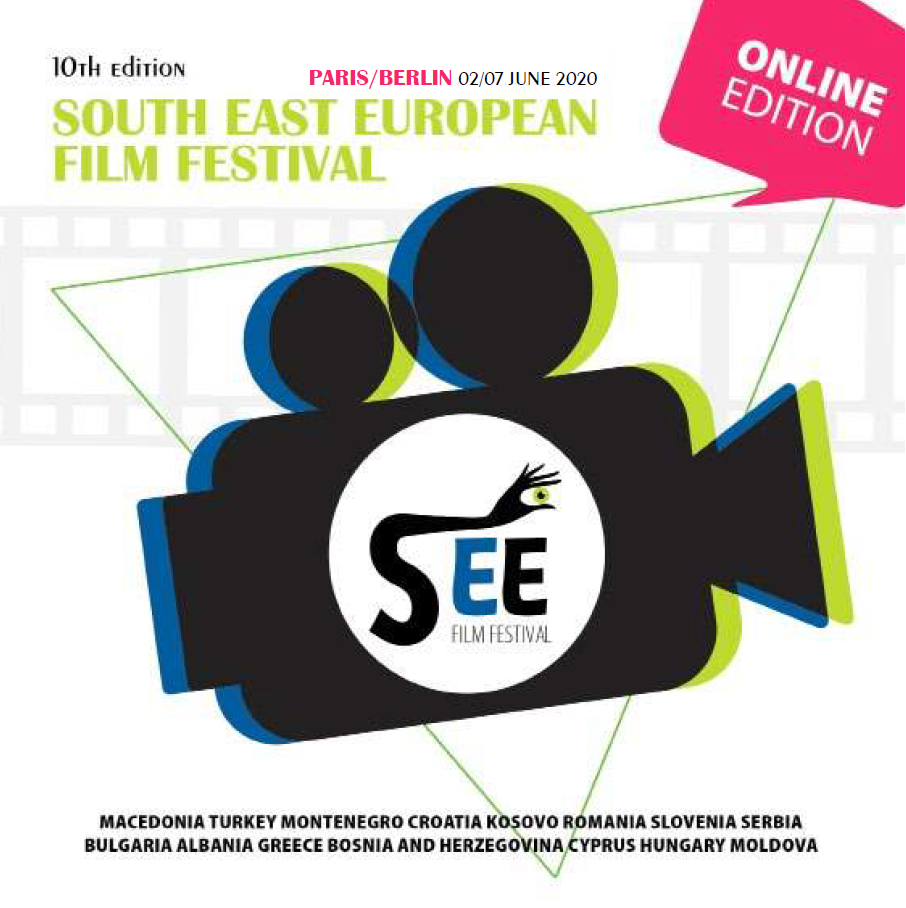
International committee of South-East European Film Festival decided to award famous director Veljko Bulajic with prestigious recognition "SEE Film Legend 2016".
Veljko Bulajić has made motion pictures of exceptional value that have become integral components of the global cinematic heritage and testimony to the times in which they were made. The passage of time has shown that most of Bulajić’s films directly grappled with the most sensitive and turbulent social problems. Some of his individual films, besides depicting ground-breaking moments in European history with extraordinary artistic force, also have value as exceptional cinematic documents.
The best known personalities from the arts and culture have commented on the cinematic oeuvre of director Veljko Bulajić: writers, film historians, critics, other directors and journalists. Many of his films have won the highest awards and honours at both domestic and international venues. He is an original artist who has always been able to shoot epic scenes of the masses, while never losing sight of the individual and his or her fate under trying and pivotal historical circumstances. He incorporated emotion and a potent dramatic charge in all of these films, and he articulated female characters with particular sensitivity, which gives his films inescapable value and originality.
Bulajić’s films leave as strong an impression on viewers now as they did when they were first released. Stated succinctly, the line of films from Train Without a Timetable, which introduced the world to Croatian cinematography, to Libertas, round off a singular creative oeuvre, recognized not only locally but in the broader European and global contexts.
Just how long was the cinematic (but also human) journey of Veljko Bulajić from Train Without a Timetable to Libertas!? Ultimately, this was a journey in which every step was a move from one pertinent cinematic theme to another. The vestiges of Bulajić’s films run much deeper than his influence on Yugoslav motion picture trends.
His films will remain forever recorded in the cinematographic history of Yugoslavia. He loved his protagonists above all else and nurtured a gallant affinity for them. They were most often ordinary and simple people in search of their place under the sun.
Bulajić did not have any idols in Yugoslav cinematography, and there is some question as to whether others followed in his footsteps, either because they did not want to or simply could not. The latter instance is more likely, for they walked alongside one another and even occasionally came into conflict.
Veljko Bulajić has made motion pictures of exceptional value that have become integral components of the global cinematic heritage and testimony to the times in which they were made. The passage of time has shown that most of Bulajić’s films directly grappled with the most sensitive and turbulent social problems. Some of his individual films, besides depicting ground-breaking moments in European history with extraordinary artistic force, also have value as exceptional cinematic documents.
The best known personalities from the arts and culture have commented on the cinematic oeuvre of director Veljko Bulajić: writers, film historians, critics, other directors and journalists. Many of his films have won the highest awards and honours at both domestic and international venues. He is an original artist who has always been able to shoot epic scenes of the masses, while never losing sight of the individual and his or her fate under trying and pivotal historical circumstances. He incorporated emotion and a potent dramatic charge in all of these films, and he articulated female characters with particular sensitivity, which gives his films inescapable value and originality.
Bulajić’s films leave as strong an impression on viewers now as they did when they were first released. Stated succinctly, the line of films from Train Without a Timetable, which introduced the world to Croatian cinematography, to Libertas, round off a singular creative oeuvre, recognized not only locally but in the broader European and global contexts.
Just how long was the cinematic (but also human) journey of Veljko Bulajić from Train Without a Timetable to Libertas!? Ultimately, this was a journey in which every step was a move from one pertinent cinematic theme to another. The vestiges of Bulajić’s films run much deeper than his influence on Yugoslav motion picture trends.
His films will remain forever recorded in the cinematographic history of Yugoslavia. He loved his protagonists above all else and nurtured a gallant affinity for them. They were most often ordinary and simple people in search of their place under the sun.
Bulajić did not have any idols in Yugoslav cinematography, and there is some question as to whether others followed in his footsteps, either because they did not want to or simply could not. The latter instance is more likely, for they walked alongside one another and even occasionally came into conflict.

 RSS Feed
RSS Feed












